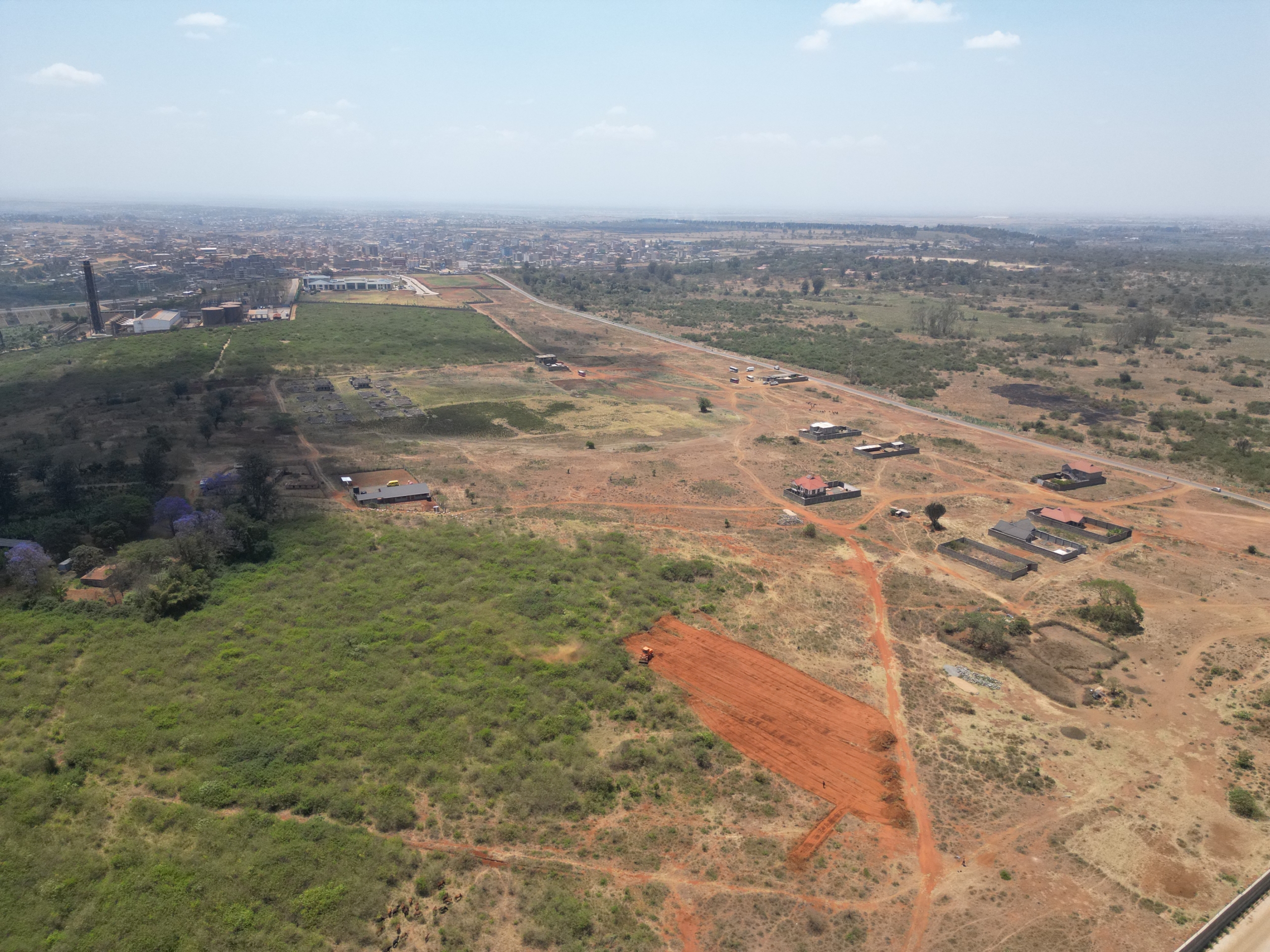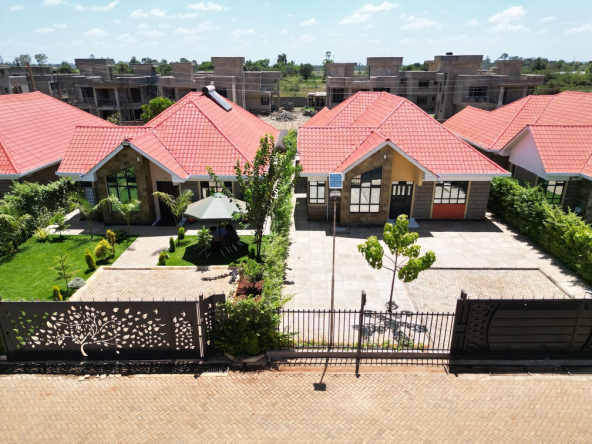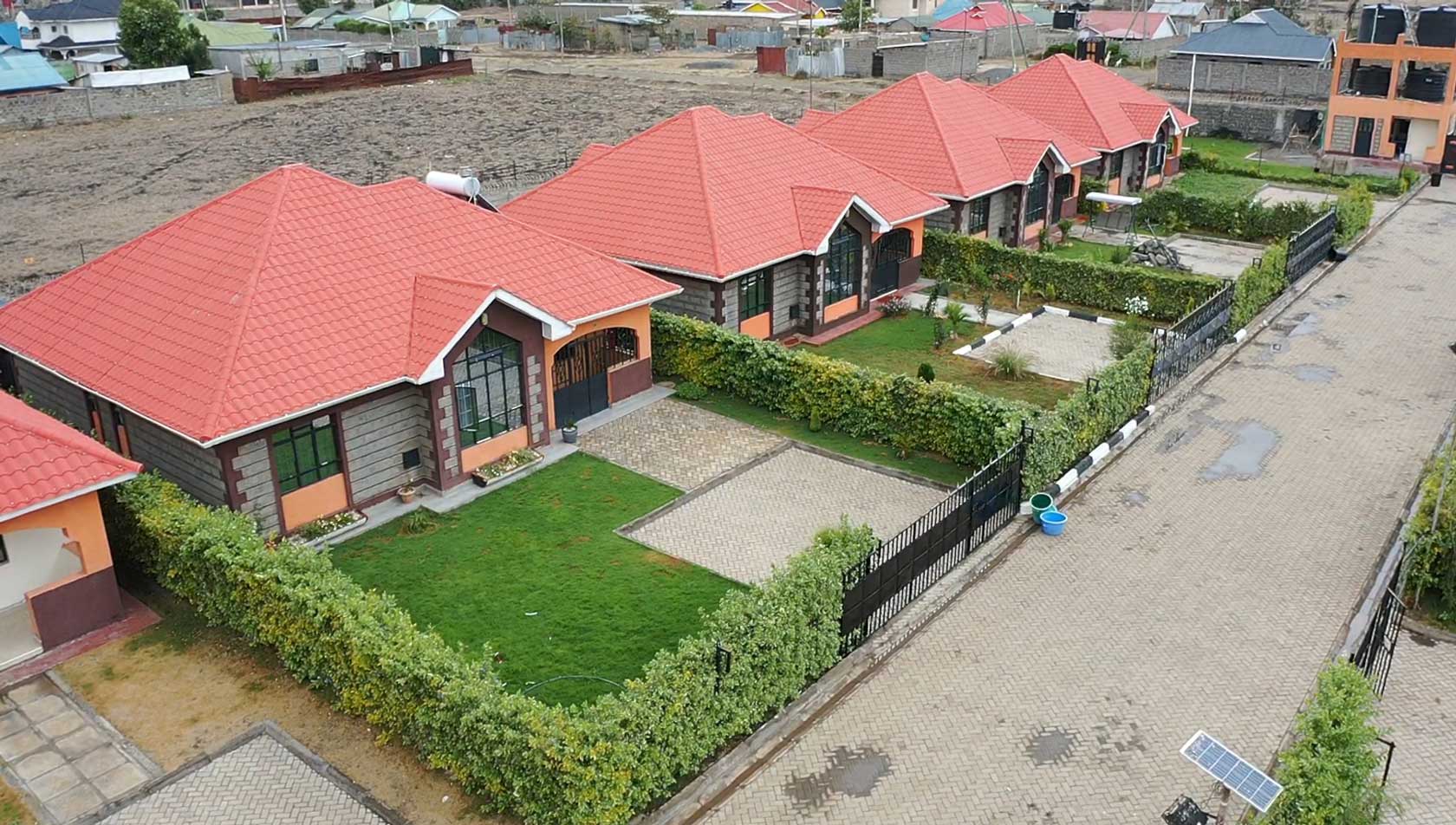Buying land or property is a significant investment, but fraudulent land deals have become a major issue in Kenya. Many unsuspecting buyers have lost their hard-earned money by purchasing land with fake title deeds, disputed ownership, or encumbrances such as unpaid loans or legal claims. Due diligence is essential to ensure that the land you are buying is legitimately owned, free of disputes, and legally transferable.
Title deed verification is one of the most important steps in real estate transactions to confirm that the seller is the legal owner and that the land does not have any pending issues. This process involves conducting official searches, checking for encumbrances, visiting local authorities, and ensuring all legal approvals are obtained before completing the transaction.
In this guide, we will provide a step-by-step process on how to verify a property title deed in Kenya to protect yourself from fraud and ensure a safe and legitimate land purchase.
Why Is Title Deed Verification Important?
Kenya has witnessed a rise in land fraud cases, with buyers falling victim to fake title deeds, illegal land sales, and double ownership claims. Title deed verification helps you avoid:
✔ Buying land with a fake title deed – Some fraudsters forge documents to sell land that does not belong to them.
✔ Purchasing disputed property – Some properties are involved in court cases over ownership.
✔ Buying land used as collateral for loans – Some landowners sell land that is already tied to a bank loan.
✔ Acquiring government land illegally – Some people unknowingly buy land that belongs to the government or is earmarked for public use.
By following the verification steps below, you can safeguard your investment and ensure a smooth, legal transaction.
Step-by-Step Guide to Verifying a Property Title Deed in Kenya
Step 1: Request a Copy of the Title Deed
Before starting the verification process, the first thing you need to do is request a copy of the title deed from the seller. A genuine property owner should have no problem providing this document.
When you receive the title deed copy, check that it contains the following details:
- The Land Reference Number (LR No.)
- The name of the registered owner
- The exact location and size of the land
- The land tenure type (e.g., freehold or leasehold)
If a seller refuses to provide a title deed or gives excuses, treat this as a red flag and do not proceed with the purchase.
Step 2: Conduct a Search at the Ministry of Lands
After obtaining the title deed copy, the next step is to conduct an official land search at the Ministry of Lands and Physical Planning to confirm ownership details.
How to Conduct a Land Search Online via ArdhiSasa
The ArdhiSasa platform (https://ardhisasa.lands.go.ke) is an official government system that allows land buyers to verify land ownership online.
- Create an account on the ArdhiSasa website.
- Select Land Search Services and enter the Land Reference Number (LR No.).
- Pay the Ksh 500 land search fee via M-Pesa.
- Download the official land search certificate, which shows the legal ownership details.
How to Conduct a Manual Land Search at the Lands Registry
If the property records are not digitized, you will need to visit the Ministry of Lands office in the respective county.
- Fill out a land search application form.
- Attach a copy of the title deed.
- Pay a Ksh 500 fee and submit your application.
- Wait for processing (this takes 1 to 3 days).
Once the search is complete, compare the land search results with the title deed details.
✔ If they match, the seller is the legal owner.
❌ If there are discrepancies, do not proceed with the transaction.
Step 3: Check for Encumbrances (Loans or Legal Issues)
Not all title deeds are free from financial or legal claims. Some landowners use their land as collateral for loans, while others are engaged in ownership disputes. Before purchasing the land, confirm that it is not tied to any pending financial or legal obligations.
To check for encumbrances:
- Visit the Ministry of Lands to conduct an official land status search.
- Consult the National Land Commission (NLC) to ensure the land is not earmarked for government acquisition or infrastructure projects.
- Engage a lawyer to check for any court cases or legal claims against the land.
If a title deed has any encumbrances or disputes, do not buy the property unless they are legally resolved.
Step 4: Verify with the Local County Government
It is important to confirm that the land is properly registered with the county government and that all land rates and taxes are fully paid.
Visit the county government office where the property is located and check for:
- Land rate clearance – Ensure that the seller has paid all property taxes.
- Zoning regulations – Confirm if the land is designated for residential, commercial, agricultural, or industrial use.
- Pending approvals – Check if the property has been subdivided or has pending development approvals.
If the seller has unpaid land rates, they must clear them before transferring ownership.
Step 5: Conduct a Physical Site Visit
Never buy land without physically visiting the property. Some buyers have fallen for scams where they purchased land that either did not exist or was different from what was promised.
During the site visit:
✔ Confirm that the land exists and matches the details on the title deed.
✔ Talk to neighbors and local authorities to confirm the ownership history.
✔ Check for boundary disputes, squatters, or illegal developments.
Hiring a licensed land surveyor to map the land boundaries is also a smart move.
Step 6: Obtain Clearance & Transfer Approvals
If the title deed verification checks out, the next step is to obtain clearance documents before the sale:
📌 Land Control Board (LCB) Consent – Required for agricultural land sales.
📌 Rates Clearance Certificate – Confirms that all land rates have been paid.
📌 Stamp Duty Assessment – The Kenya Revenue Authority (KRA) calculates stamp duty, which ranges from 2% to 4%.
Step 7: Finalizing the Transfer Process
After completing all legal checks, the final step is transferring ownership at the Ministry of Lands.
- Sign a Sale Agreement prepared by a lawyer.
- Pay the agreed purchase price (use an escrow account for security).
- Complete the land transfer at the Ministry of Lands.
- Receive a new title deed under your name.
Once you receive the new title deed, ensure you register it at the Lands Registry to officially own the property.
Verifying a property title deed in Kenya is a critical process that protects buyers from fraud, disputes, and financial losses. By following this 7-step guide, you can ensure a secure, legal, and hassle-free property transaction. Always engage a lawyer, conduct thorough land searches, and verify all documents before making a purchase.




